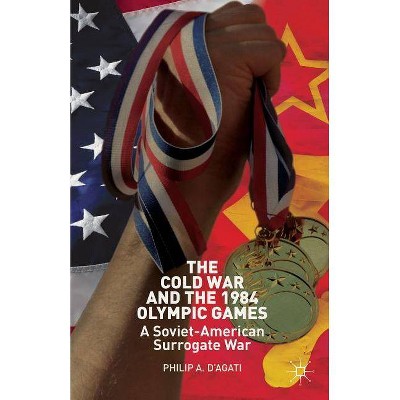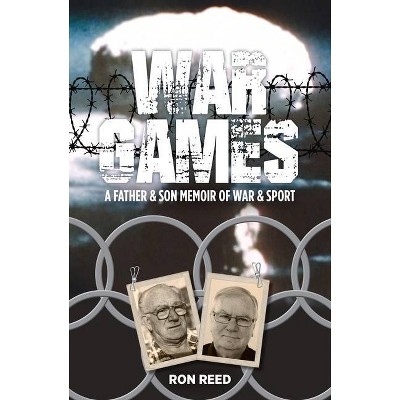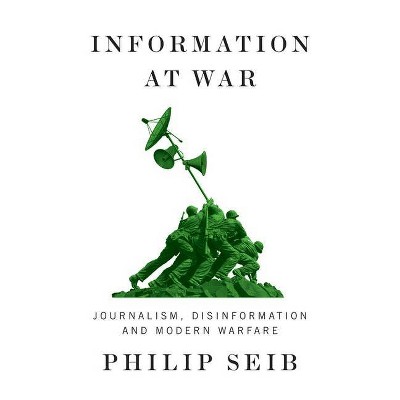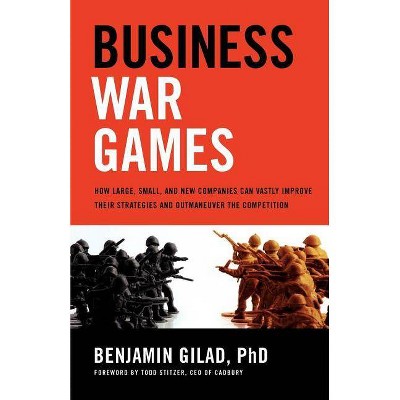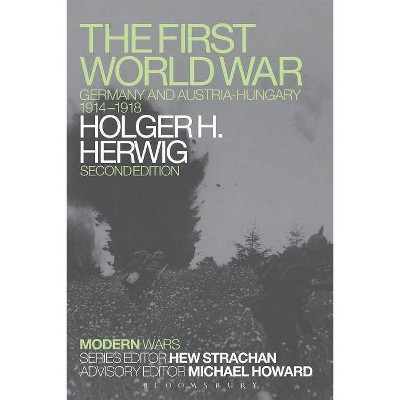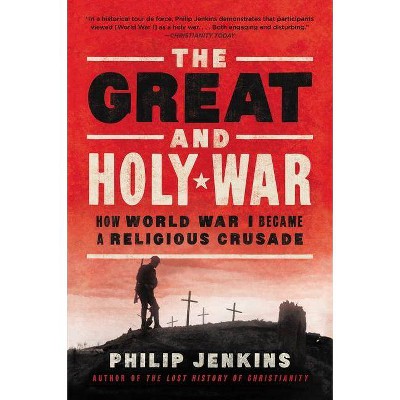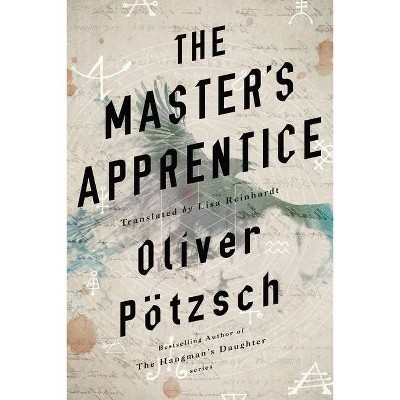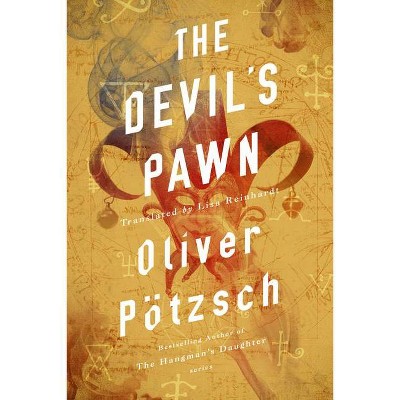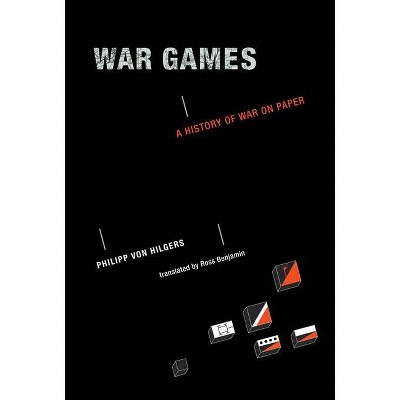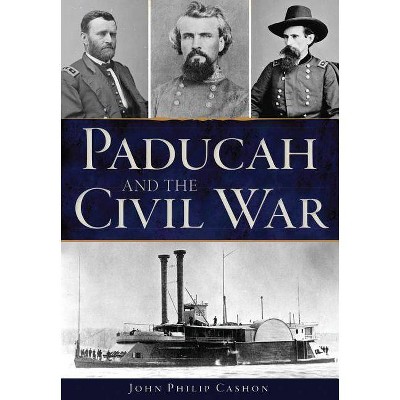War Games - by Philip Hammond & Holger Pötzsch (Paperback)
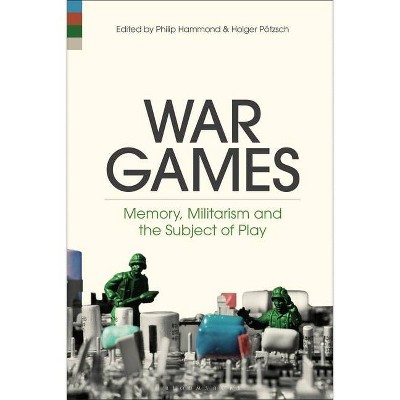
Similar Products
Products of same category from the store
AllProduct info
<p/><br></br><p><b> Book Synopsis </b></p></br></br>Many of today's most commercially successful videogames, from <i>Call of Duty</i> to <i>Company of Heroes, </i> are war-themed titles that play out in what are framed as authentic real-world settings inspired by recent news headlines or drawn from history. While such games are marketed as authentic representations of war, they often provide a selective form of realism that eschews problematic, yet salient aspects of war. In addition, changes in the way Western states wage and frame actual wars makes contemporary conflicts increasingly resemble videogames when perceived from the vantage point of Western audiences.<br/><br/>This interdisciplinary volume brings together scholars from games studies, media and cultural studies, politics and international relations, and related fields to examine the complex relationships between military-themed videogames and real-world conflict, and to consider how videogames might deal with history, memory, and conflict in alternative ways. It asks: What is the role of videogames in the formation and negotiation of cultural memory of past wars? How do game narratives and designs position the gaming subject in relation to history, war and militarism? And how far do critical, anti-war/peace games offer an alternative or challenge to mainstream commercial titles<p/><br></br><p><b> Review Quotes </b></p></br></br><br>Beginning with the predominant tension, and indeed contradiction, between war and games, Hammond and Pötzsch have put together a remarkable collection of essays which at turns surprises, challenges and even provokes the reader into engaging with a core theme running through historical and military themed video games. Namely, how can games (a theoretically ludic and playful medium) deal with war (a vicious and destructive phenomenon which is anything but playful)? The answers to this core question vary from one contributor to another. Some offer approaches from the perspectives of historical enquiry and critical theory. Others are involved in questions of player identification, empathy and collective or public memory. Still others use reception methods like participant observation and empirical fieldwork to understand what players take away from this fundamentally interactive medium of games. What all of the responses in this carefully and cleverly edited collection do offer, however, is a sustained and thoughtful meditation on the centrality of conflict to ludology, ludology to conflict, and the effects of wargaming on players, games, society and the industry. An excellent compendium for an era dominated by war and mediated simulacra of warfare, <i>War Games</i> has brought together some of the cutting-edge scholars working in the emerging discipline of historical gaming to produce a meaningful and important discussion of how war and games are critically and culturally enmeshed in twenty-first-century society.<br/>Dr. Andrew B.R. Elliott, Senior Lecturer in Media and Cultural Studies, University of Lincoln, UK<br><br>The impressive range of perspectives in this collection bring new insight and nuance to the expanding field of war and games.<br/>Debra Ramsay, Lecturer in Film, University of Exeter, UK<br><br>The volume is separated into three interrelated thematic sections: 'Militarism and the Gaming Subject' addresses players' situatedness within military-themed games; 'Playing War, History, and Memory' looks at the role of games in influencing military history and cultural memory; and 'Wargames/Peacegames' focuses on how conceptual frameworks are embedded in military-themed games. Though the volume addresses both analog and digital games, it focuses on events in Europe and European games. This is a boon not a limitation in that it adds depth, richness, and specificity to the study of both games and the cultural/historical perspectives addressed. The game <i>This War of Mine</i>, which is based on the living conditions and atrocities civilians endured during the Siege of Sarajevo, is treated in more than one essay ... Summing Up: Highly recommended. Upper-division undergraduates through faculty; professionals.<br/>CHOICE<br><p/><br></br><p><b> About the Author </b></p></br></br><p><b>Philip Hammond</b> is Professor of Media and Communications at London South Bank University, UK. His previous publications include <i>Media, War and Postmodernity </i>(2007) and <i>Screens of Terror </i>(2011). <p/><b>Holger Pötzsch</b> is Associate Professor in Media and Documentation Studies at UiT - The Arctic University of Norway. He publishes widely in such journals as<i> Games & Culture, Game Studies</i>, and <i>New Media and Society</i>.</p>
Price History
Price Archive shows prices from various stores, lets you see history and find the cheapest. There is no actual sale on the website. For all support, inquiry and suggestion messages communication@pricearchive.us
